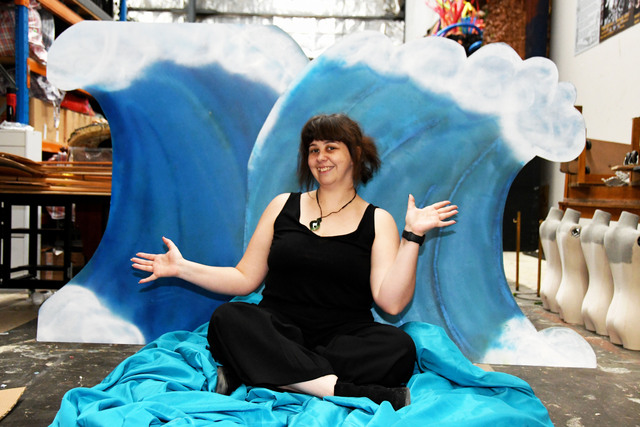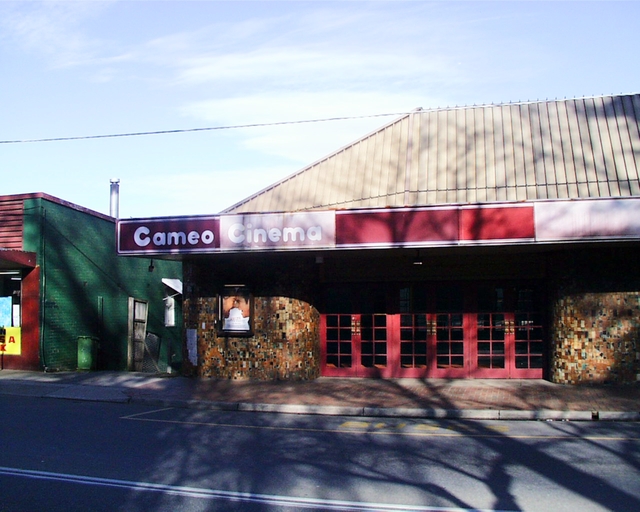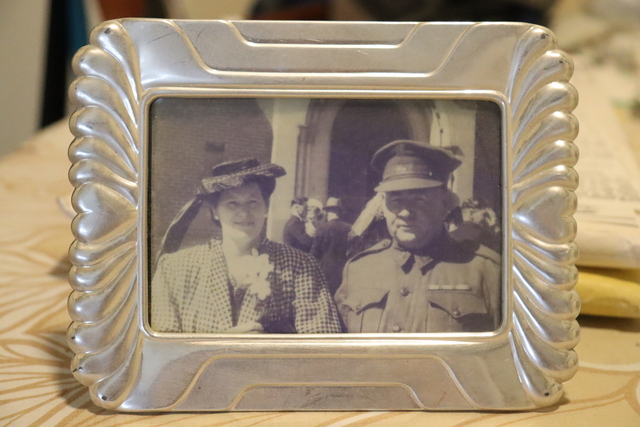Bridie Clark thought it was time to slow down when she came back to her hometown in 2020, after seven years on Broadway in the frenetic New York City.
But slowing down had never been her style; she knew that deep down.
Despite lockdown after lockdown back home, she started a new Cranbourne-East-based program called Australian Dancers Project (ADP) to help aspiring performers learn, grow, and perform.
“I have choreography in my brain, and I don’t want to waste it. Let’s do something,” she said, recounting how the program was originated.
The following year, she joined a play by Cranbourne’s non-profit BATS Theatre Company and has stayed as in-house choreographer ever since. This year, she was elected as the president.
Last month, she won this year’s Lindsay King Art Award for her long-standing commitment to the performing arts, her volunteer work for the BATS, and for founding the inclusive, non-profit ADP that makes theatre accessible and affordable for everyone.
ADP started in 2020 as a free performing arts opportunity for dancers and young performers during lockdowns, where they completed two film projects that were featured on YouTube.
And it grew from there. ADP has grown to become an actual performing arts school from the projects through.
The major program, ADP Theatre Stars Performing Arts (T.S.P.A.), priced affordably, aims to provide young performers with the fundamentals they will need for a career in the musical theatre industry.
T.S.P.A., which has been going on for three years, runs classes several days a week, and all students end up in shows, Bridie shared.
She cited the cast of The Hunchback of Notre Dame, one of the biggest shows in the BATS history from last year where nine cast members were from ADP.
“They would never have been considered if they had not got training and stepped out of their comfort zone, because performing arts can be very expensive. I try and keep ADP affordable,” she said.
“I believe performing arts should be accessible for everyone. It should not just be a privilege.
“It should be the same as sports. It should be taught in schools. Doesn’t matter if you can only afford a $5 a week or $1000 a week.”
Looking back, Bridie realised another reason she started ADP was to give as much information as possible to the budding performers and just not gatekeep it.
“I have all those connections, and what’s the point of holding on to all those secret connections? What’s the point in gatekeeping and being like, oh, no, you need an agent to get what I know,” she said.
“I don’t gatekeep. I don’t believe in being the secret squirrel, which unfortunately, the community theatre in Australia is very secret. It’s either you have to have an agent or you know who you know to get auditions.
“Seven years overseas opened my eyes. You didn’t have to have an agent. You could go audition for a Broadway show. It depended on your skill and if you were the look they wanted.
“I think that should be the same here.”
Bridie also wants to see a more inclusive representation on the stage, reflecting her belief that performing arts should be available to everyone. She spoke of the BATS’ big show Hunchback again, which had almost 10 neurodivergent cast.
“I want to see someone on stage who I know for a fact is on the spectrum or has Down Syndrome or is represented in a proper wheelchair in a show,” she said.
“I don’t want to see able-bodied performers doing step kick kick, because not everyone can do step kick kick, but I want little kids to sit in the audience and go, I see myself on stage.
“Like how the big movies at the moment are being very conscious of representation in films, why can’t performing arts in Australia be like that?”
By the looks of it, Bridie, who thought of slowing down once, is just getting started.
“We (ADP) are quite small, but we are growing steadily,” she said.







